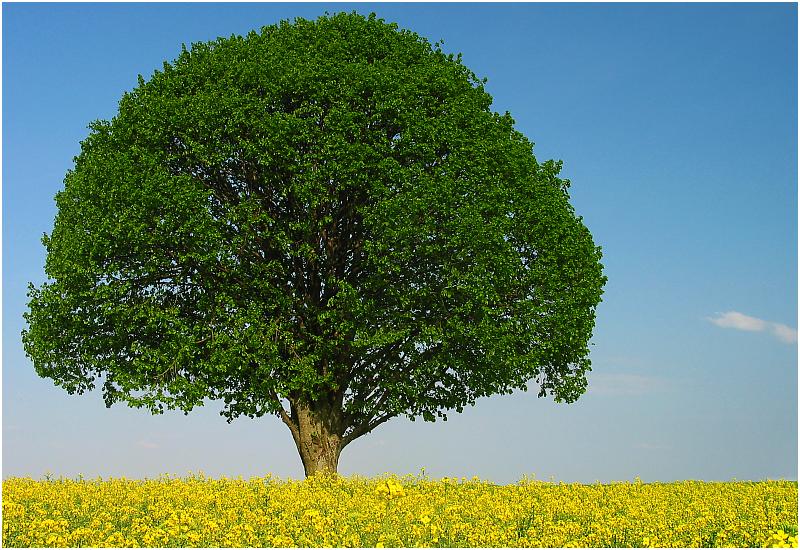Text: Eric Felley / Le Matin
The National Assembly has just proclaimed a text that makes the tree a “sensitive living being”, entitled to “respect its physical, aerial and underground integrity”. And it’s quite serious.
The purpose of this declaration is to change the way people look at trees, which are not “mere objects” but “subjects of law”. For the time being, however, this remains a declaration without binding effects.
France, country of the Declaration of Human Rights of 26 August 1789, has just taken another serious step forward in the field of living rights on this planet. April 5, the National Assembly proclaimed a “Tree Bill of Rights”, which may make many Swiss people smile. It has five articles that specify their rights.
For the time being, they are not binding, but its defenders are not in despair: “This text aims to change the way people look at and behave with trees, explain the authors, to make them aware of the decisive role of trees in their daily lives and in the future, by paving the way for rapid changes in legislation at national level”. Here is what it says:
“Article 1
The tree is a fixed living being that, in comparable proportions, occupies two distinct environments, the atmosphere and the soil. Roots develop in the soil, which capture water and minerals. In the atmosphere grows the canopy, which captures carbon dioxide and solar energy. As a result, the tree plays a fundamental role in the ecological balance of the planet.
Article 2
The tree, a living being sensitive to changes in its environment, must be respected as such and cannot be reduced to a simple object. It has the right to the overhead and underground space it needs in order to achieve its full growth and reach its adult dimensions. Under these conditions, the tree is entitled to respect its physical, aerial (branches, trunk, foliage) and underground (root system) integrity. Alteration of these organs seriously weakens it, as does the use of pesticides and other toxic substances.
Article 3
The tree is a living organism which’s average longevity exceeds by far that of humans. It must be respected throughout its life, with the right to develop and reproduce freely, from birth to natural death, whether it is an urban or rural tree. The tree must be considered as a subject of law, including the rules governing human property.
Article 4
Some trees, considered remarkable by men, for their age, appearance or history, deserve additional attention. By becoming a common bio-cultural heritage, they reach a higher status committing man to protect them as “natural monuments”. They may be inscribed in a landscape heritage preservation area, thus benefiting from enhanced protection and enhancement for aesthetic, historical or cultural reasons.
Article 5
To meet human needs, some trees are planted and exploited, necessarily escaping the criteria mentioned above. However, the methods of harvesting forest or rural trees must take into account the life cycle of the trees, natural renewal capacities, ecological balances and biodiversity.”
Source: Le Matin




